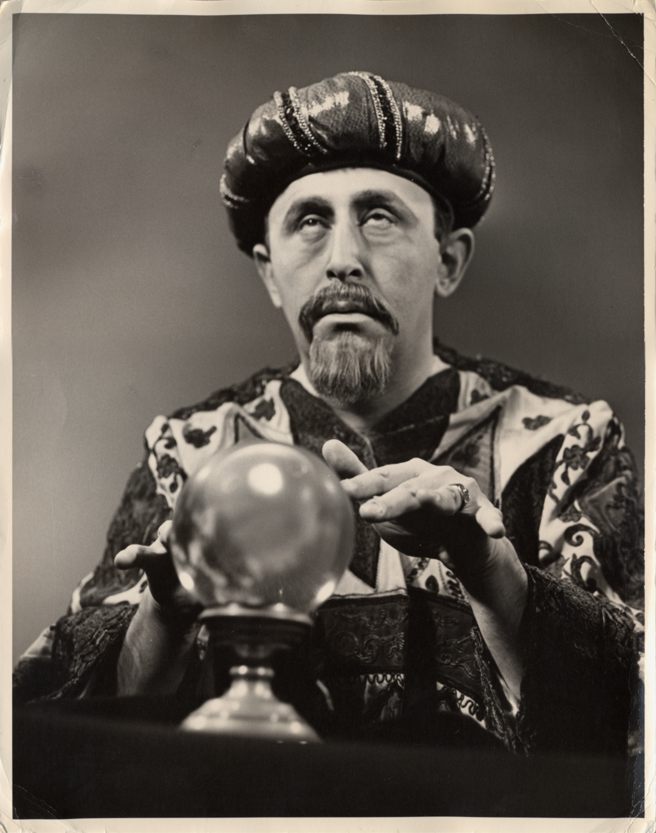This thread is getting really strange.
Yeah, I am kinda zooming out to the big picture. I tend to do this

This thread is getting really strange.


Am I the only one who finds it a little ridiculous that a self-described STP is lecturing a thread full of N-dominant types on "seeing the big picture"?
Hint for you, Poki: The INTJs have already been through everything you've brought up in their heads and decided after due consideration to dismiss it. Your tertiary (or inferior?) Ni is not blowing their minds, and you're not telling them anything they haven't heard before.
Am I the only one who finds it a little ridiculous that a self-described STP is lecturing a thread full of N-dominant types on "seeing the big picture"?

Am I the only one who finds it a little ridiculous that a self-described STP is lecturing a thread full of N-dominant types on "seeing the big picture"?
Hint for you, Poki: The INTJs have already been through everything you've brought up in their heads and decided after due consideration to dismiss it. Your tertiary (or inferior?) Ni is not blowing their minds, and you're not telling them anything they haven't heard before.
In precisely the same way extraverted thinking strives to rid itself of subjective influences, extraverted feeling has to undergo a process of differentiation before it is finally denuded of every subjective trimming. The valuations resulting from the act of feeling either correspond directly with objective values or accord with traditional or generally accepted standards.
I am not trying to blow anyones mind here. The way my thought pattern works of Solipsism it allows me to go back and piece things together. Half the time when I respond or continue with a thought pattern my mind is tying together things creating a web outside of what it is I am actually saying.
Which brings me back to the tertiary argument. I agree with, and believe that Jung asserted (often), the fact that if the unconscious functions become too dominant in a person, neurosis or even psychosis will result. What does not seem to follow in your, or current prominent authors on the subject, argument, is that if the tertiary is aligned with the dominant, you claim two things simultaneously which makes no logical sense. First, you (collective 'you') claim that the tertiary aligned with the dominant is needed to provide balance for the oppositely aligned auxiliary function, and that means, if it provided some balance, that it will therefore promote a healthy functioning. Fine. However, we know and generally all agree that unhealthy or neurosis occurs when a 'loop' happens when the tertiary aligns similarly to the dominant in orientation. So which is it? It cannot be both ways. Either it is healthy, normal, functioning, or it is unhealthy. That is, in my opinion, a major flaw in the tertiary-aligned-with-the-dominant theory.
White male NTs tend to be discriminatory to anyone not white, male, and NT.
This alignment of dominant and tertiary is what I see. It is exactly like you explained. Its confusion and it is truly a loop. I have experienced this loop many times and its only unhealthy when you cannot identify this loop because you get stuck in it or you keep getting pushed into it. When you get stuck in it is when it causes neurosis so its not really unhealthy to reach this loop, but it is unhealthy to get stuck in this loop.
Awhile back I had made a comment on how my ENFJ wife would push me into my head in an unhealthy way and an ENFP would push me their in a healthy manner. This path you are going down provides more of an explanation of this phenomenon then anything else I have heard. Its strange how we fight the same battle with others that we fight in ourselves at times. Its like you can see the internal battle acting externally and vice-versa.
Unfortunately, discriminatory NT behavior is a real phenomenon on Type C, and I suspect irl as well.
If it transpires in Type-C then it transpires IRL.
The "logic," is bewitching me.
I think the bottom line is what you have to go by to avoid definition overlap, is the action. What action does this person display overall? No matter the motivation or feeling behind it.
You are trolling again. Why don't you say something substantive or nothing at all? hmm?
You are trolling again. Why don't you say something substantive or nothing at all? hmm?
Did anyone really want Charlie Brown to kick the football?
No, we don't need to see you kick it.
I haven't had time to review the entire thread, and this may have been answered already, but... .
You place more importance on the action itself rather than the motivation behind it? I tend to think opposite...I find motivation the most telling. Anyone can make any sort of action or behavior.. the motivation behind the doing the action would vary widely, however. Any action/behavior can be faked or utilized for a purpose only known to the doer of the action. Maybe I'm misunderstanding you.
Wah wah wah wah, wah wah wah wah wah wah

You know, I think just like with other things, it's the action. It's the expression. But the main variable in that is on a consistent basis. Because people won't continue the innate action or behavior unless it's what's comfortable for them. They will revert eventually into the comfortable way of being. So, it's what someone does over time, consistently, I think. Not just what one wants to be or wants to do.
